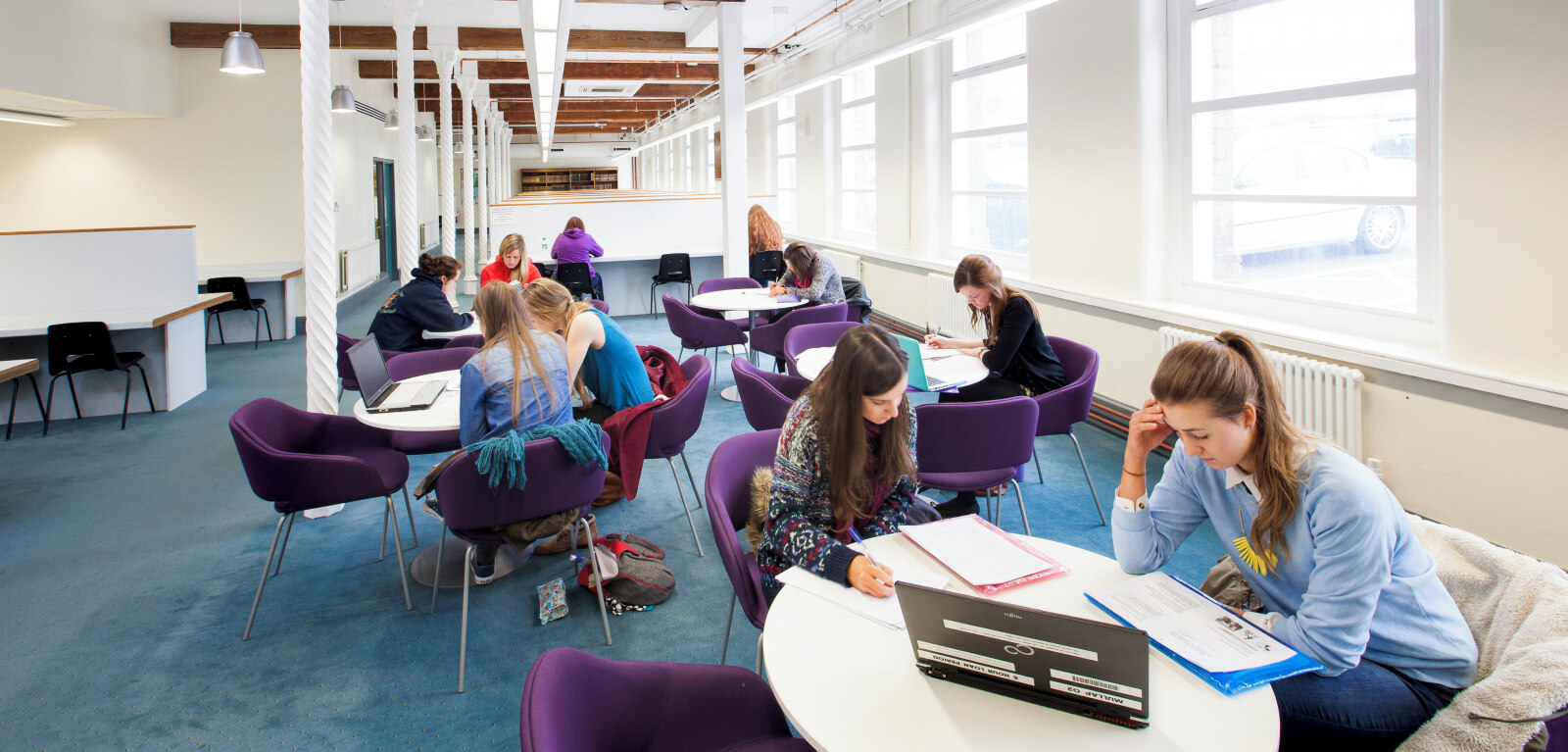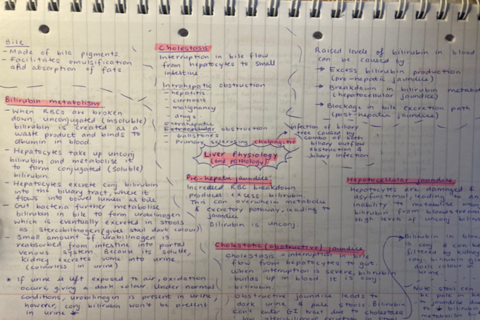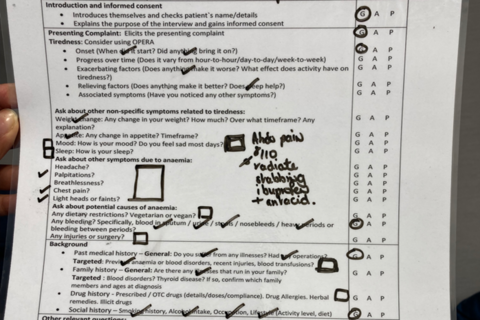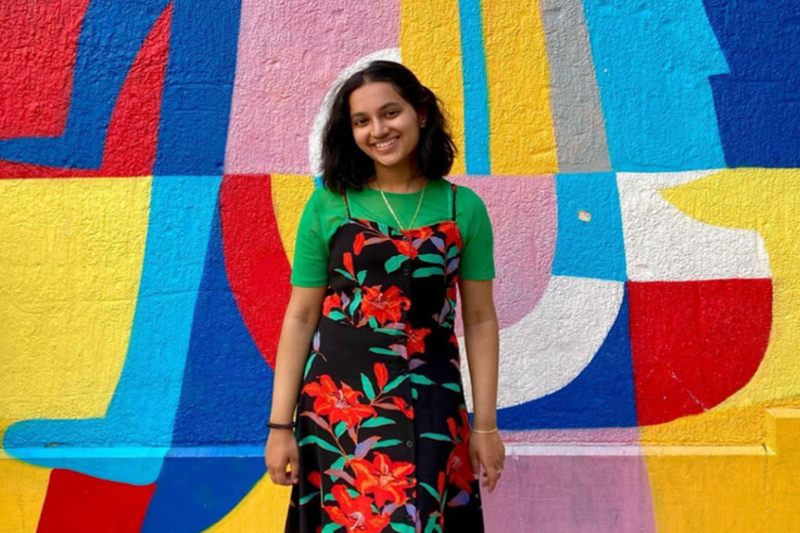How To Ace Your First Year of Medical School
Medicine school doesn’t have to be complicated! Here are 5 handy tips on how to ace your first year of medicine!

My story
Initially, I found the transition from school to university really challenging. I struggled to keep up with the volume of content that was being covered in my lectures and found myself feeling burnt out by the end of semester one. In the second semester, I completely changed my approach to medical school and ended up performing highly in my end of year exams. Moreover, I learnt a lot about studying and felt more confident to tackle my second year of medicine! Here are my 5 top tips on how to ace your first year of medical school!
.jpg)
On my way for clinical skills experience (CSEC)!
1. Use an academic planner
One of the easiest ways to stay organised is by using a planner. I have a planner from Waterstones that I use to write my timetable in, meaning I always know where I have to be for class. Additionally, I like to use a planner for exam revision. I write down the date of my exam and count the number of revision weeks I have until my exam, then try to set realistic study targets which are achievable.

Set realistic revision targets
2. Summarise lectures on a single page
This is something I wish I had started doing sooner in my first year and have now been implementing into my second year studies. You can do this digitally, but I prefer to use physical notes as I find they help me learn better. Essentially, you want to summarise ONLY the key points from a lecture. Try to use the learning outcomes provided by the lecturers as a framework for information you could be examined on.
I summarise my lectures as mind maps because I’m a visual learner. Also, try not to spend too long on one lecture. Medicine is a challenging course to study due to the volume of content that is covered and you’re likely to have many lectures in a week. You don’t want to spend all too much time summarising lectures, as you’ll still need to dedicate time to learn your notes.

Summary of a lecture
3. Try to remember the bigger picture
There is always a bigger picture and it’s important to remember that links can be made between topics. Try to group lectures together to see how they link. For example, if you learn about hypertension, try to understand the effects this condition has on other parts of the body like the kidneys, or the side-effects of medications that patients are given to treat the problem. This is where mind maps really help, as you can split your page into different sections like physiology, pathology and pharmacology to provide a good visual aid. Some textbooks are brilliant for this, like Zero to Finals or Medicine in a Minute.
4. Test yourself
Revision needs to be active to be effective. Testing yourself regularly is the easiest way to ensure you’re well prepared for your synoptic assessments. I used Quesmed and Passmedicine in my first year, alongside Capsule, a great platform that Queen’s medical students have access to. I studied anatomy by downloading the images onto my laptop, then covering them with white textboxes so that I could ‘guess’ the answer. This really helped as anatomy requires memorisation, so frequent testing using spaced repetition is useful.
.jpg)
Anatomy requires memorisation
5. OSCE revision
Don’t underestimate the OSCE! Many people think OSCEs are easy, but under time pressure, OSCEs can be tough. The easiest way to revise for OSCEs is to make sure you prepare for your clinical skills (CSEC) sessions, as you’ll be able to practise the skills needed and get feedback on what to improve. Then, practise with friends. Book library rooms in the McClay or Biomedical libraries and get to work! My friends and I would act as simulated patients and examiners for each other as we found it helpful to work together. Try to avoid leaving OSCE revision too late, as some skills are more technique based, meaning they need to be practised a lot. Make sure to use the handy guides on the Queen’s medicine portal, these documents have all the information you need to ace your OSCE!

Giving honest feedback when preparing for OSCEs is a great way to revise with friends!
Finally,
Remember that first year of medical school is different for everyone! It’s important to focus on yourself and a routine that works for YOU. Also, it’s good to have fun! Trying to get involved in societies is a good way to relax your mind after a long day of class!
All the best!
Find out more
Five Things I’ve Learnt From My First Year of Medical School
A Guide to Medical Student Societies at Queen’s
Radhika GuptaMedicine | Undergraduate Student | Derry, Northern IrelandHi! My name is Radhika, I’m 19 years old and originally from Derry. I’m currently a second-year medical student and so far, I’ve been loving my course and time in Belfast! I like to spend weekends exploring the city with my friends and trying to find good places to eat/drink. My hobbies include photography, reading and yoga! This year I’m trying to become more involved in university activities, so you may see me around campus as I’m a student ambassador, plus I also love spending time in the Student Union with my friends in the evenings! I’m a member of various medical societies like SWOT and WOMED, and also recreational societies like Chess and Arts! |
 |